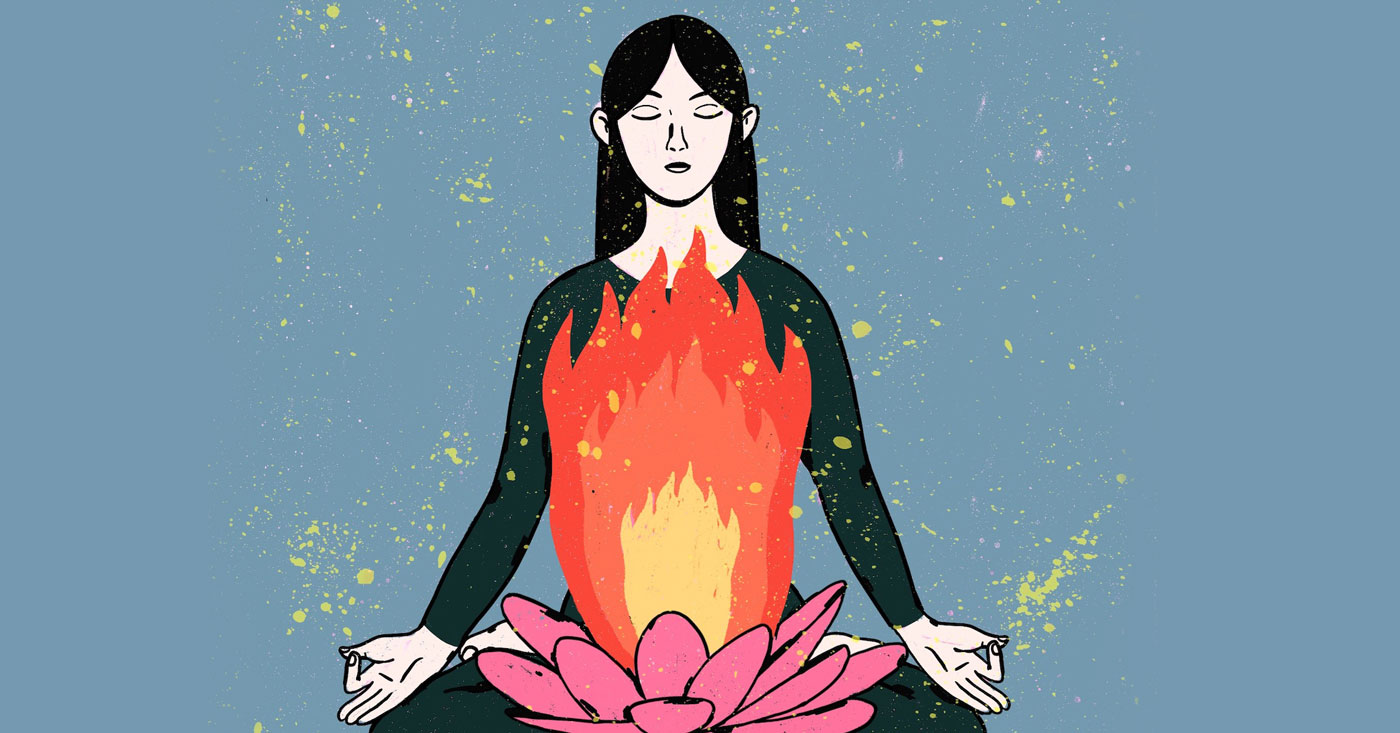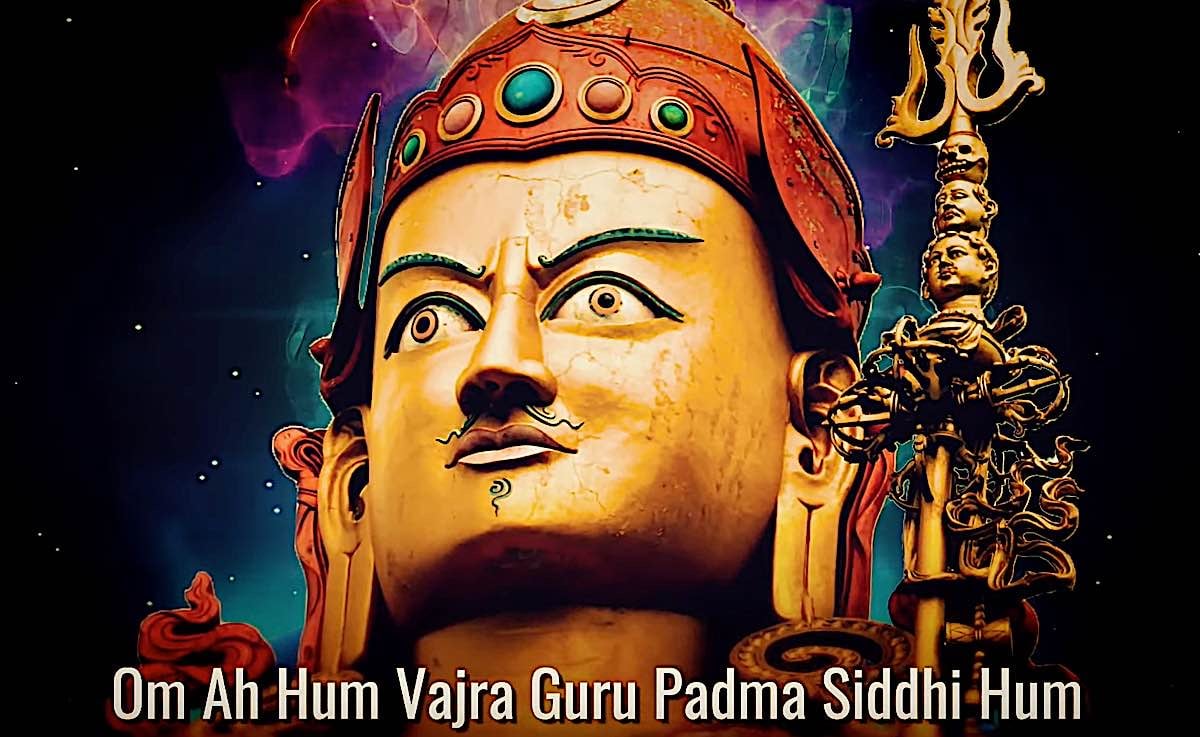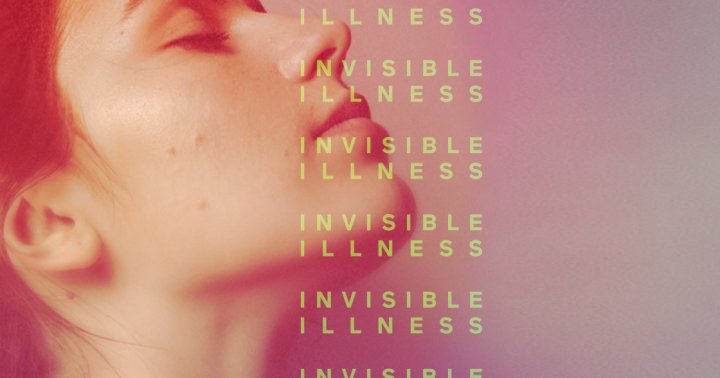Enter a Person of No Rank
The true no-self is the radically inclusive and compassionate whole self, and it’s what our world needs now more than ever. The post Enter a Person of No Rank appeared first on Tricycle: The Buddhist Review.

The many beings are numberless; I vow to save them.
Greed, hatred, and ignorance rise endlessly; I vow to abandon them.
Dharma gates are countless; I vow to wake to them.
Buddha’s way is unsurpassed; I vow to embody it fully.
The world is burning. People are destroying it. Some are stoking the combustion by fanning the flames of hate or violence, amplifying and manipulating our deepest anxieties, preying on a set of deadly multidimensional crises, exploiting public shock and anguish for private gain. The most toxic and corrosive psychic fuels are intensified and spread like wildfires with purposely false information.
In classical Buddhism, samsara, the world of sorrow and pain, is sometimes associated with heat and fire—the heat of the blind passions. But today we are living in a massive samsara where we are witnessing and participating in the destruction of our planet and its creatures and the degradation of the finest of human qualities. The situation seems out of control, and at times, it is out of control. Some of us suffer from helplessness, despair, terror, and numbness as we face the risk—perhaps the increasing likelihood—that the human species and thousands of others with it, will not survive.
In the “Four Infinite Vows” cited above, Zen practitioners chant “Greed, hatred, and delusion rise endlessly.” These are referred to as the Three Poisons. Although I’ve chanted them for fifty years, today I see more clearly than ever just how toxic and unbridled the Three Poisons are, sometimes masquerading as benevolence, reasonableness, or normality. The fortunes of the richest few balloon as the many struggle to survive. Hatred becomes normalized, with those in power “saying the quiet things out loud.” The psychotic denial of objective reality, along with the cynical and deadly manipulation and gaslighting of tens of millions of us, is frighteningly real, if delusional.
Yet, despite the pervasiveness of these Three Poisons, in the first line of the vows we chant, “Innumerable beings, I vow to save.” Saving all beings is at the heart of Mahayana Buddhism, which says that the boat is big, and therefore all can come aboard as we row to the other shore. (A bodhisattva or “enlightenment being” vows to postpone her own enlightenment to help others cross over to the shore of liberation.)
I remember saying to my teacher Aitken Roshi early in my practice, “Saving—that has a messianic ring, almost like rescuing beings from original sin; saving their souls.” He responded, “Then think ‘protect.’” I could relate to that and let go of the messianic associations to the word “save.” But today, “save” is not hyperbolic, messianic, or moralistic. It’s up to all of us to turn the ship around to save our planet, our fellow humans, and the more than human world. We must cultivate our finest qualities and share them vigorously.
Roshi would sometimes say we are all practicing Buddha’s dream, cultivating compassion and wisdom for the benefit of all beings. Now more than ever we need to cultivate and bring to bear all our capacity, counteract numbness and despair, and, individually and collectively, unleash wise and responsive action to save the world.
It is to encourage such action that I take a fresh look at Buddha’s vision for an awakened person and her awakened activity, examining the true self (also referred to as noself) at the heart of such activity, and endeavoring to untangle the misunderstandings that can hinder us on the path and impede the distinctive, empowered expression of our realization.
There is a person of no rank who is constantly coming and going from the portals of your face. Who is the true person of no rank?
The phrase “true person of no rank” is attributed to ninth century Chinese Zen master Linji, who raised the “poor” person of no rank and saddled him with the unenviable label “true” to boot. Why dredge up an old concept from the Zen scrap heap, we could ask. Because we need this person more than ever. In these dark and crazy times when truth and reality are up for sale, maleficence masquerades as cooperation, and unbridled greed, hatred, and delusion are rampant and commonplace, it’s a radical act to be a person of no rank, to be “no-self.” It’s revolutionary to draw a breath and exhale long and slow, to stand up, sit down, laugh, and weep.
Buddhist living is not exceptional, yet it expresses our full humanity, which is both wondrous and shockingly ordinary. It hurts and delights; it’s real. Real quickens, nourishes, and transforms. This is how the true person lives—freely.
Linji invites us to live without cleaving to title or rank or any dualistic constriction: enlightened or deluded; Buddha or ordinary person; successful or unsuccessful. He also subverts fixed role-based identities. But don’t think he means anything goes.
True no-self, the root of no rank, is the most easily misunderstood Buddhist teaching. We formulate it as nothingness, emptiness, and then react to our formulation with confusion, dread, or desire. Some of us want nothing more than to eliminate all trace of self, of thoughts and feelings. We want to be nobody. Maybe then there will be less pain, we think, more gain. Yet nothing is not something called “nothing.” Far from being literally void, our no-self nature is dynamic, emergent, full of possibility, teeming with potential and unformed qualities—what British psychoanalyst and writer Christopher Bollas calls our own distinctive idiom.
Each of us has a personal and aesthetic signature that predates the environmental influences in our upbringing and needs interactive elaboration and dissemination. A simple example might be one child’s early attraction to sounds. As they get older, he begins to play musical instruments, and perhaps later still, devotes himself to conducting. Another child cannot get enough of balls, goes on to play street games, and ends up in professional sports. So too with the true person of no rank, who is unholy, unfinished.
Full of “holes,” this true person is like Avalokiteshavara, the Bodhisattva of Compassion, who lets in the sounds of the world, hearing the sorrowful voices of those aching to belong and blossom, and responding to them. We need him. We need his peace, his pieces richly composting, responsive to humans and other beings near and far. We need his body and mind unencumbered, heart and soul untethered, available.
Not striving for perfection or pushing away evil, the poor person of no rank’s activity is also naturally in alignment with shifting conditions. Like Manjusri, the Bodhisattva of Wisdom, she acts wisely and in accord with circumstances. Unsanctimonious and benevolent, she learns from children, animals, and seniors. She is the annoying prophetic voice, and the embodiment of the subtle impacts of her own conduct. We need her. We need her to walk the ancient Way, living Buddha’s dream.
Be that as it may, the activity of the poor person of no rank cannot be confined to the realm of spiritual practice. In Zen and Psychotherapy: Partners in Liberation, I described how this realm (represented by Zen) and emotional growth (represented by psychoanalysis) are “partners in liberation.” In A True Person of No Rank, I build on this conversation and introduce a third interlocutor—social action—to form an emancipatory trio. We can’t really bring these dimensions—psyche, spirit, and world—together; they are together. Intertwining, they forge an integrative myth, an ancient dream updated, in which the individual and the collective arise and work in tandem. It’s a story in which meditation, insight, and benevolent action operate in concert.
It takes a true person of no rank, an insubstantial person of substance, (not fixed or permanent but grounded), not only to survive these dire times, but to actively participate in saving the planet and healing the world. It takes a differentiated person, an agent of compassion, to bring to bear the insights of oneness and radical interconnection at the heart of Buddha’s dream.
Old master YuanYu said, “When bodhisattvas who live a householder’s life cultivate practices of homeleavers, it is like a lotus blooming in fire. It will always be hard to tame the will for fame and rank and power and position, not to mention all the starting points of vexation and turmoil associated with the burning house of worldly existence. The only way is for you to realize your fundamental, real, wondrous wholeness and reach the stage of great calm, stability, and rest.”
This says it all. The true self or no-self is actually a whole self: radically inclusive, unfettered, unhindered, and unimpeded in its responsiveness. Unsequestered and undivided, this whole self includes the bombs, the fires, the poison, the greed, hatred, and ignorance, the joy, the pain—all we can see and all we can’t see. Everything “outside” and “inside,” conscious and unconscious. All of it belongs.
Realizing and living this truth, however, requires an underlying sense of self, agency, personhood. It requires a sense of worth, freedom, and empowerment, as well as a clear understanding of no-self.
Our world needs more than ever the vigor and diversity of our whole selves as true persons of norank and agents of compassion. We are like the jewels in the Jeweled Net of Indra, both connected and distinct. Each of us must not only realize our inherent unity with all beings, but also shine unselfconsciously with our own distinctiveness, bringing forth our true selves for the benefit of all.
♦
Excerpt courtesy of The Sumeru Press Inc. For further information or to order a copy of A True Person of No Rank: Awakening the Buddha’s Dream to Save the World, please visit https://sumeru-books.com.

 Koichiko
Koichiko 































